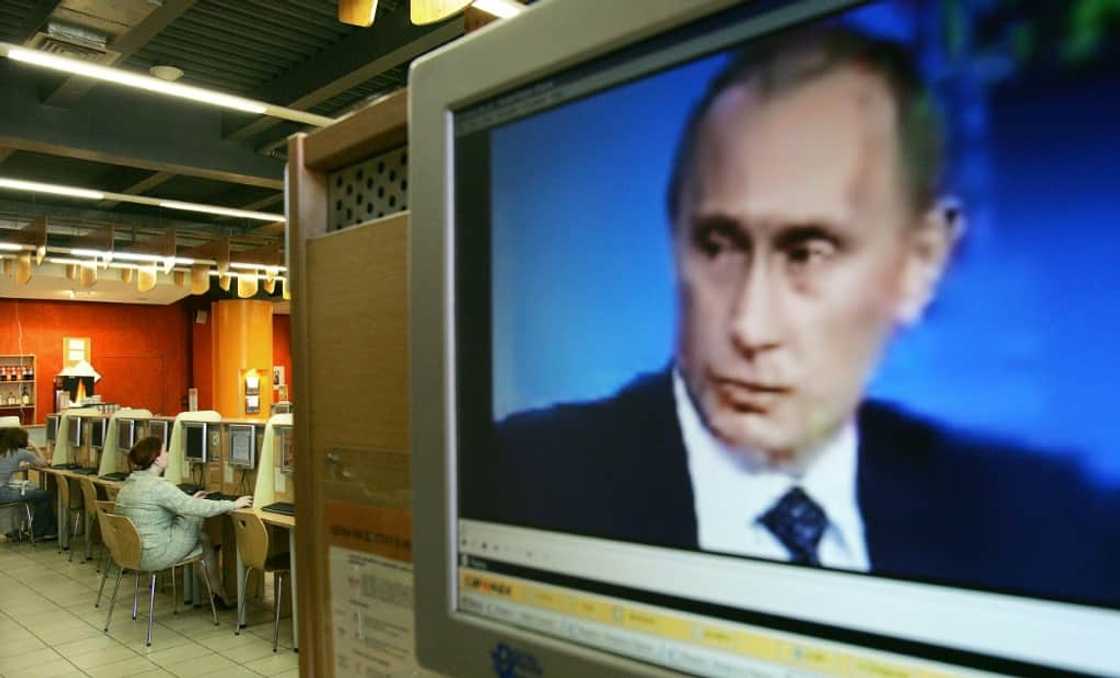Russia sets back global progress on internet freedom: study

Source: AFP
PAY ATTENTION: Сheck out news that is picked exactly for YOU ➡️ find the “Recommended for you” block on the home page and enjoy!
A Russian crackdown has driven a global decline in internet freedom although a number of smaller countries are making headway, Freedom House said in a study Tuesday.
The US democratic advocacy and research group found that internet freedom at the global level fell for the 12th straight year, led by Russia as well as by worsening conditions in Myanmar, Sudan and Libya.
But the report also found that a record 26 nations have made progress, with notable upticks in The Gambia, which is shaking off two decades of dictatorship, as well as often-criticized Zimbabwe, which has moved forward with a new law on data protection.
Allie Funk, the co-author of the report, said that civil society has begun to see fruits of advocacy around the world.
"Over the past three to five years, you've seen a massive emphasis on human rights online, from democratic governments putting a lot of money in internet freedom programming and tech companies -- some of them -- starting to pay attention to these issues," said Funk, research director for technology and democracy at Freedom House.
"Russia's invasion of Ukraine undermined internet freedom, not just in Russia and Ukraine but globally," she said, but the outlook overall is "actually a lot more positive than we've had previously."
PAY ATTENTION: Follow Briefly News on Twitter and never miss the hottest topics! Find us at @brieflyza!
Freedom House assesses nations on a 100-point scale on indicators including obstacles to internet access, limits on content and violations of users' rights.
Russia's rating dropped seven points to an all-time low as the Kremlin blocked websites as well as major social media platforms to eliminate other accounts of its "special military operation" in Ukraine.
China once again was given the worst mark on internet freedom. The report pointed to heavy censorship of information on the Covid pandemic response and the Beijing Winter Olympics as well as the detention of tennis star Peng Shuai after she alleged on social media that she was assaulted by former vice premier Zhang Gaoli.
The report said that the future of the internet will likely be decided by "swing states" -- large nations such as Brazil, India and Nigeria that have mixed track records.
"Progress in these countries could ensure the survival of a free and open internet, or they could join authoritarian powers in promoting the more closed model of cyber sovereignty," the report said.
The report found controls on the internet, such as blocking of sites or arrests of internet users, between June 2021 and May in all the 70 countries it studied except four -- Canada, Costa Rica, Iceland and Japan.
PAY ATTENTION: Сheck out news that is picked exactly for YOU ➡️ find the “Recommended for you” block on the home page and enjoy!
Source: AFP



